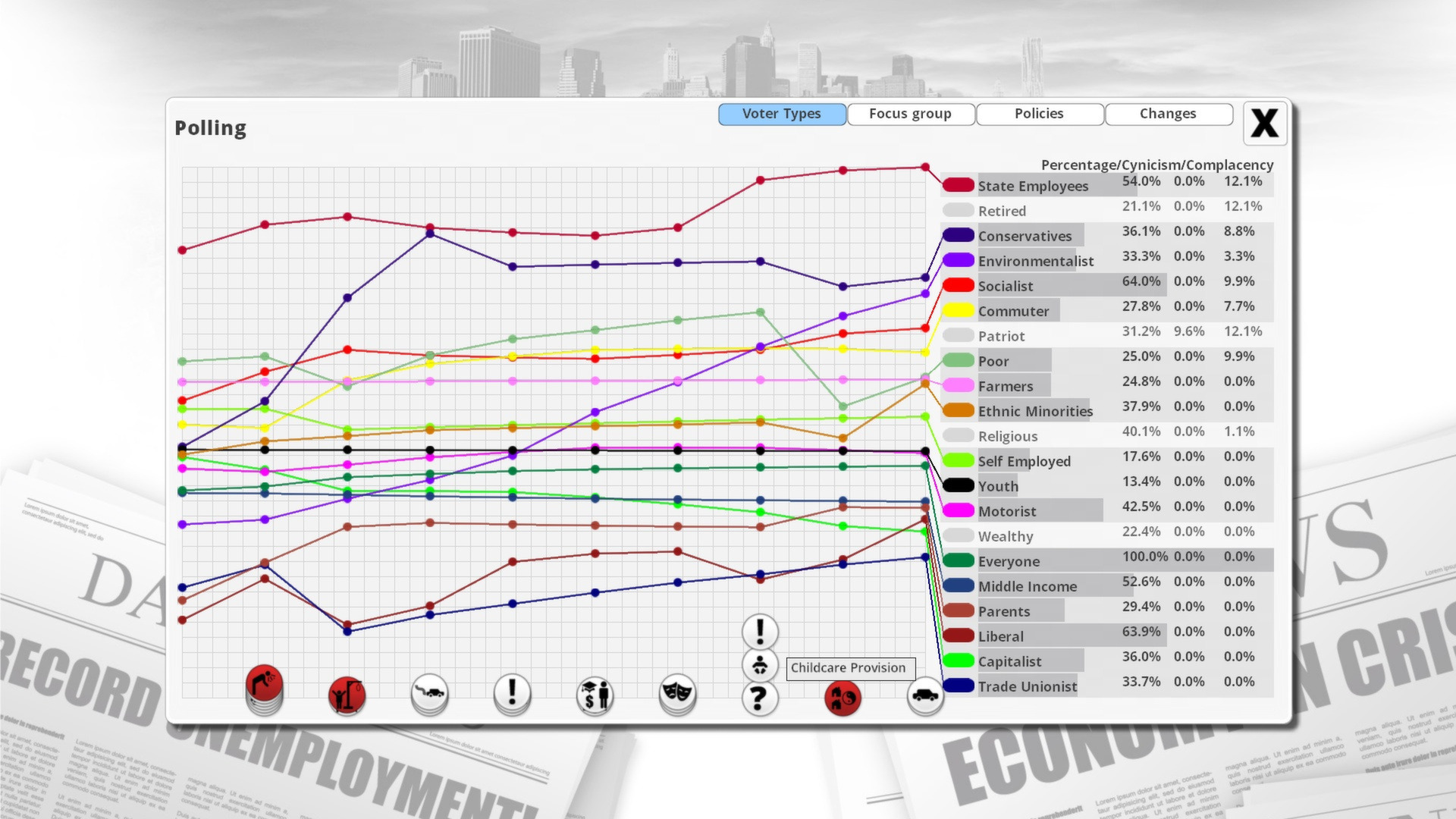

It is, therefore, to be expected that voting rates should increase over time with these normal life cycle changes. As people age, they become more politically aware and engaged. But lower participation rates among the young have generally been interpreted as a pattern associated with specific behavioural characteristics of the life cycle. Such patterns are well documented in the literature on non-voting behaviour in Canada and in other countries.

It is, of course, not unusual to find lower rates of voting participation among the young. For those who entered the electorate during the Mulroney years (aged 30 to 37 in 2000) the overall percentage casting a ballot in 2000 was only 54 percent. Even those who entered the electorate during the later Trudeau period (1974–1980) voted in 2000 at a lower rate than those in the older age groups. The figures are only slightly better among those cohorts of voters eligible to vote for the first time in 1997 or 1993. Footnote 4 Only slightly more than one in five of those who were eligible to vote for the first time in 2000 chose to participate. Footnote 3 The levels of non-participation for the three cohorts of newly eligible voters entering the electorate in each of the past three federal elections are striking. Table 1 illustrates the clear pattern of decline in turnout across generations that has been at work in the Canadian electorate over the past decade or more. Voting, the reasons behind it, and perceptions of both younger and older voters The more important findings of the survey – the generational patterns of not In each of the last three federal elections. Terms and with reference to the sharp increase in not voting that has occurred The survey wasĭesigned to explore a variety of explanations for not voting, both in general Is possible in election-related surveys of the Canadian public. This way, interviews were obtained with a much larger sample of non-voters than In the 2000 federal election and 960 reported non-voters in that election. Of Canadians (5,637) and a longer interview continued with 960 reported voters The sample design called for a short screening interview with a large number New survey in co-operation with Elections Canada in April 2002. Prolonged decline in voter turnout in Canada, we designed and carried out a (To investigate more systematically the causes and possible consequences of the Footnote 1 Survey of voters and non-voters Such an interpretation has already been suggested by Blais and his colleagues in their analysis of the low turnout in the 2000 election. If, for example, there is a consistent pattern of declining turnout across the generations, we might predict that electoral participation would continue to decline well into the future, simply as a result of normal demographic processes of population replacement.

Further, if the social and political forces that are driving turnout down are of a longer-term nature, the problem of low voter participation could continue to plague the political system for years to come. In this view, declining public participation in a nation's most fundamental democratic exercise may be part of a larger "democratic deficit" and may have serious implications for the health of its democratic political system. Observers increasingly link declining participation in elections to some of the more fundamental problems of modern democracy. The issue of voter turnout is taking on greater importance in public discussion in Canada and elsewhere, both because of the magnitude of the recent declines and the way in which they are being interpreted. In the most recent French parliamentary election, for example, it dropped to levels as low as those observed in Canada, while in the United Kingdom it has fallen even lower. Voter turnout has also been declining in many other industrialized countries. Nor does it seem that the turnout decline is necessarily connected to political issues and events specific to Canada.

It is evident, however, that the decline is not connected solely with the most recent federal election, as turnout has declined in each of the last three general elections. While voter turnout has long been a subject of study by scholars interested in more general issues of political participation, the reasons for the recent precipitous decline are not yet well understood. The decline of voter turnout in Canada to a historic low in the November 2000 federal election has generated concern among academics, the media and attentive members of the general public. Professor of Political Science, University of Toronto Professor of Political Science, Carleton University This Web page has been archived on the WebĮlectoral Insight – July 2003 Confronting the Problem of Declining Voter Turnout Among Youth


 0 kommentar(er)
0 kommentar(er)
